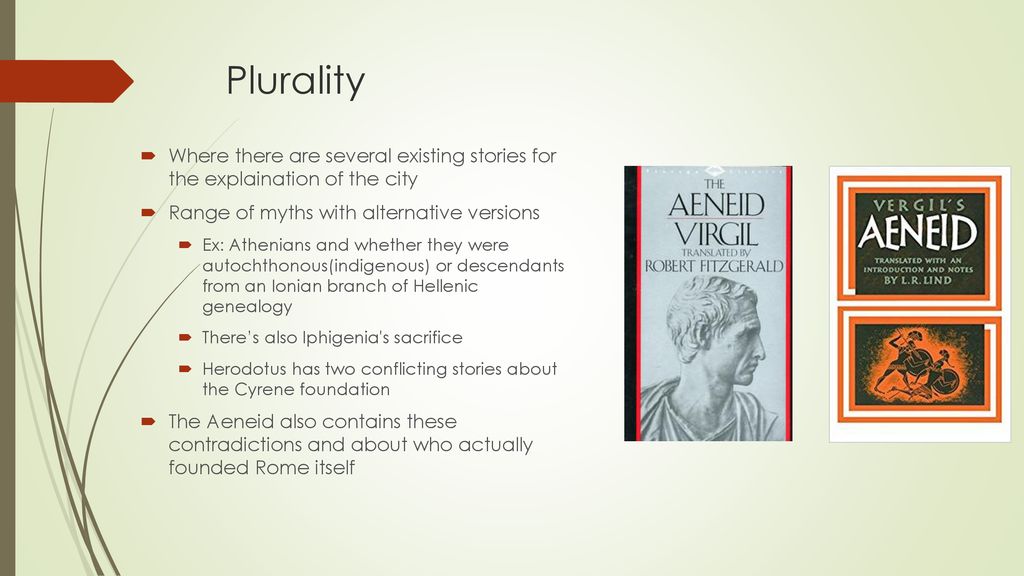

Every element of the modern dramatic style is touched upon at some point: man against man, man against nature, man against god, man against himself you've got romance, adventure, political intrigue. Today it'd be called Aeneas, the miniseries. His analysis of how small dust-ups can lead (or be manipulated) into all-out war resonates well with contemporary geopolitics.Īnd there's something for everybody. And like Shakespeare, Virgil is a master of the concrete metaphor and the action verb, as well as being an astute observer of human behavior. Of course, Shakespeare accomplished the same. It convinces me that, indeed, Sam Raimi is the definitive modern interpreter of the Greco-Roman tradition. A strong authorial voice (it helps to read it aloud in your head as you go along) and a galloping pace guaranteed to fill the cheap seats, while sneaking in enough high-brow commentary to keep the intellectuals tuned in. Nevertheless, a good story is a good story, and this is a ripping good yarn.
#VIRGIL AENEID FITZGERALD HOW TO#
Granted, even with that hurdle mostly surmounted, there are still obstacles: lots of names I have no idea how to pronounce, bounteous references to historical incidents and heroic characters I know too little about, portentous foreshadowings such as Hannibal crossing the Alps and Caesar crossing the Rubicon that I missed completely until I read Fitzgerald's commentary at the end.

I never could abide the Dryden long enough to get past the first page: all that incessant rhyming! (I don't understand this compunction to rhyme translated verse-haiku, for example-since it means imposing a form on a form already distorted by the translation process.) If the word "classics" intimidates you, consider the Fitzgerald translation of The Aeneid.


 0 kommentar(er)
0 kommentar(er)
